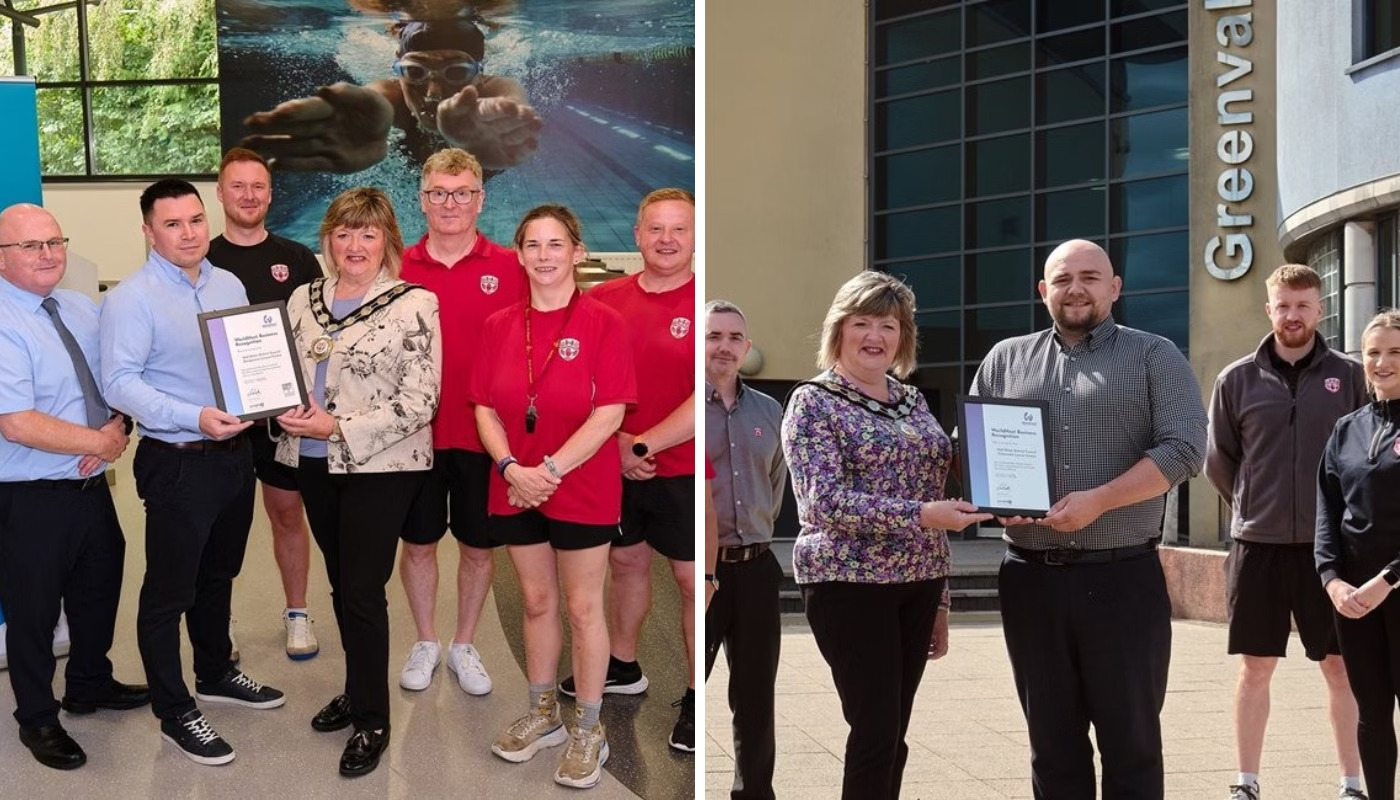
Maximising the power of partnerships in international TVET projects
Earlier this month we attended the British Expertise International September Skills & Training Working Group where our Managing Director, Jane Rexworthy was a keynote speaker at a session led by Jonathan Ledger from the Department for Business and Trade (DBT). The event focused on the importance of taking a sectoral and thematic approach to international skills provision. Our session emphasised the critical role that partnerships play at various levels, highlighting how collaboration and strategic alliances can drive more effective and sustainable outcomes in technical vocational education and training (TVET) and skills development.
So, how can different types of partnerships be leveraged to expand the reach and effectiveness of international TVET projects?
Local partnerships for local expertise
By tapping into local expertise within a project it can help to ensure that skills and training solutions are aligned with regional workforce needs whilst also ensuring compliance with local regulations. Having partners on the ground can help navigate complex regulatory landscapes, language barriers and cultural nuances that often accompany international projects. As well as being a more cost-efficient and often faster route to support delivery and implementation, this approach can help build the capability and capacity of local partners to ensure sustainability.
However, these benefits can come with challenges. Cultural differences and conflicting goals can occasionally complicate communication and coordination, while financial management across borders can be complex. Being aware of these challenges at the beginning can ensure a mutually beneficial partnership.
Prime contractors for streamlined focus
Engaging with a prime contractor on large international projects can alleviate some of these challenges, allowing organisations to focus on their core expertise. The prime contractor’s strength in project management and risk mitigation can streamline operations and reduce the burden on the partnering organisation. However, this approach introduces its own set of complexities, such as potential loss of control over key aspects of the project, communication gaps, financial delays and dependency on the contractor. Effective planning, clear agreements and continuous communication are essential for eliminating these risks and ensuring that the project meets its objectives.
Local brokers for local presence
Local brokers play a valuable role in navigating international markets. Brokers offer deep market knowledge, cultural insights and established local networks, which can facilitate quicker market entry. They also help mitigate risks by providing local market intelligence and ensuring smoother business transactions. When setting up these relationships it is important to ensure the accuracy of the broker’s information, assess potential conflicts of interest and not place an over-reliance on their networks.
Associates for niche expertise
Expert associates bring specialised knowledge to international TVET projects which helps to enhance credibility and recognition. With advanced technical knowledge in specific areas, they bring innovation and good practice. Clearly agreeing the goals of the project, costs and the method for communication up front will help mitigate these challenges. Coordination, quality control and intellectual property concerns also need careful management to ensure successful outcomes.
Peer partners for complementary strengths and broader reach
Working with peer partners brings many benefits such as complimentary diverse expertise, broader skills and innovative solutions. It helps achieve economies of scale and the strength in the partnership can help attract donors and secure joint funding proposals. To avoid challenges around coordination timelines, IP concerns, resource conflicts and mismatched expectations it is essential to carefully manage these in the project planning and initiation stage to make the most of the collaboration.
Ultimately, as highlighted during the British Expertise International September Skills & Training Working Group, collaboration plays a vital role in the successful delivery of international TVET projects. The UK Skills Partnership exemplifies this approach by bringing together the UK’s leading skills and TVET specialists to work collaboratively, leveraging their expertise to reshape skills, training and education on a global scale.
To learn more about the UK Skills Partnership, visit UK Skills Partnership.



